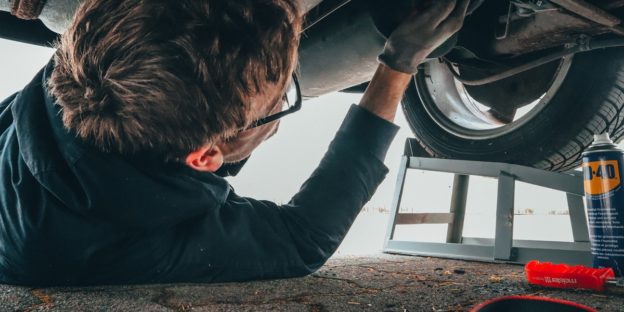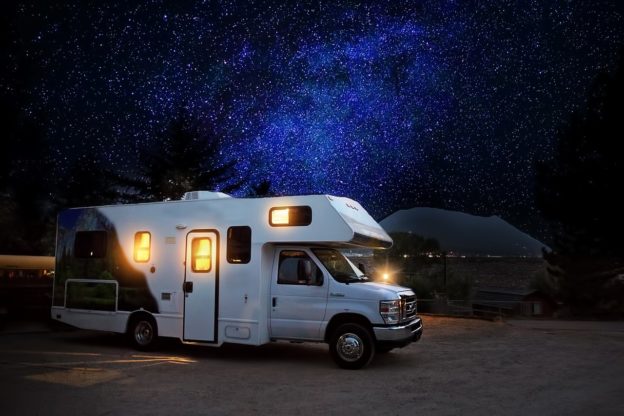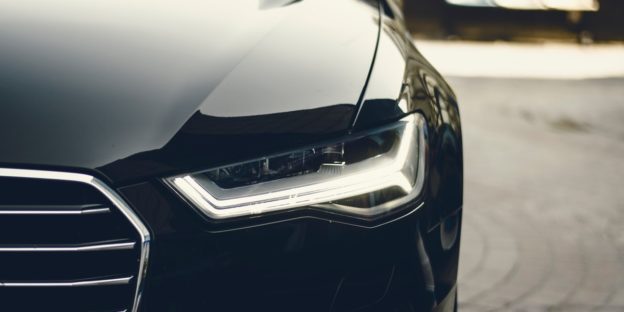Owning an ATV is important for many families. You can take these recreational vehicles on wide open trails, along the coast or up and downhill for fun-filled adventures whenever you want. Plus, ATVs get you out in the fresh air and away from TV and computer screens.
Whether you’re looking to purchase your first ATV or add to your growing collection, a salvage ATV might be a great addition. Here are three reasons to consider shopping for a salvage ATV.
-
Huge Selection of Vehicles
If you have a tight budget to spend on recreational vehicles, consider salvage ATVs. These vehicles were damaged or deemed a total loss by the insurance company. They’re usually in rough shape, but that doesn’t mean they’re total junk. You could get lucky and find an ATV with minimal damage. Or, you could use the ATV as a project piece.
-
Easy to Repair Damage
Most salvage ATVs have sustained damage from an accident or flood. Nevertheless, you’ll find that some of these damages are repairable. If you have some knowledge in this department or know someone who does, it can be a lot cheaper to go this route. You can even purchase a salvage ATV for parts, allowing you to fix up an ATV that you already own. This, too, is usually cheaper than buying new.
-
Simple Buying Process
You can easily find salvage ATVs from online auto auctions. Browse through the inventory and place a bid when you find the vehicle you want. Be sure to do your research so that you know what you should be paying for the ATV. Name brands like Yamaha, Honda and Kawasaki tend to be most expensive. If you win the bid, the auction house will arrange for shipment of the vehicle.
Repossessed ATVS for Sale: Another Affordable Option
If you’re an outdoor adventure enthusiast, an ATV is probably built into your lifestyle. Shopping for salvage ATVs is a great way to save money while getting the parts you need. But it’s not the only option. You can also shop for repossessed ATVs.
Repo vehicles are not salvaged, and many are in great condition. They cost a fraction of the price of a new ATV and are available from credit unions and lenders. To view affordable repo ATVs for sale, check out the listings on RepoFinder.com. It’s free!











